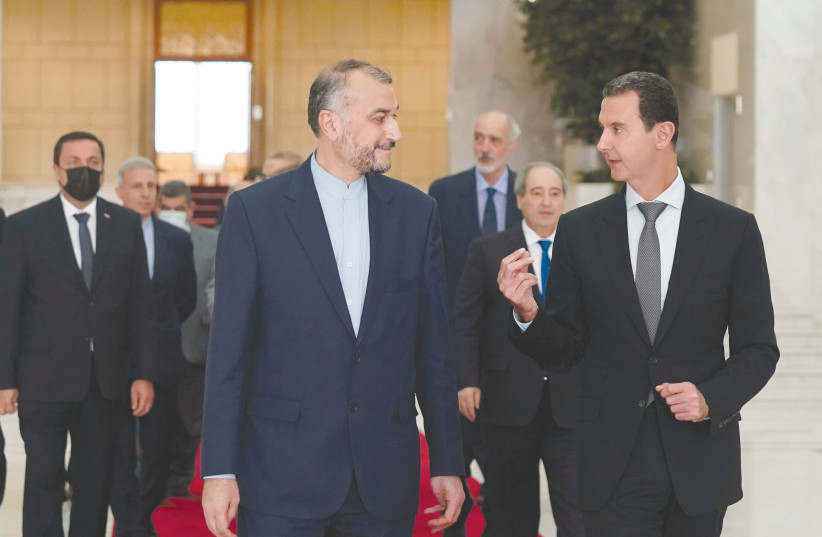The European Union on Monday placed sanctions on people and groups linked to what it described as the Syrian government's "large-scale drug trafficking operations," and the EU also included one Russian company.
The Syrian government did not respond to a request for comment on the accusations or the sanctions against officials and military personnel.
The EU cited Wasim al-Assad and Samer al-Assad, two relatives of President Bashar al-Assad, two Lebanese nationals and nearly a dozen other people for their suspected role in the trade of captagon, an amphetamine. Sanctions have previously been imposed on the president.
The EU said the Syrian government had become a "central player" in the production and trade of the drug as far afield as Europe, "enriching itself" while destabilising the region.
The United States placed sanctions last month on both Samer and Wasim al-Assad, as well as the same Lebanese nationals Noah Zaitar and Hassan Daqqou, over the captagon trade allegations.

Assad's government denies involvement in drug making and smuggling and has said it seeks to stop the trade.
The EU also designated Mudar al-Assad, described as the president's cousin, but did not say why.
The bloc further placed sanctions on individuals, private security companies and the notorious Fourth Division, led by the president's brother Maher al-Assad, due to rights violations.
It said government-backed militias were "attempting to evade the sanctions by changing their name and seeking to attract international contracts by posing as private security firms."
Other EU sanctions
The EU also imposed sanctions on Stroytransgaz, a Russian engineering and construction company operating in Syria, for backing and benefiting from Syria's government. The United States announced sanctions on Stroytransgaz in 2014 for its purported links to the Russian government.
Stroytransgaz did not immediately respond to a request for comment.
